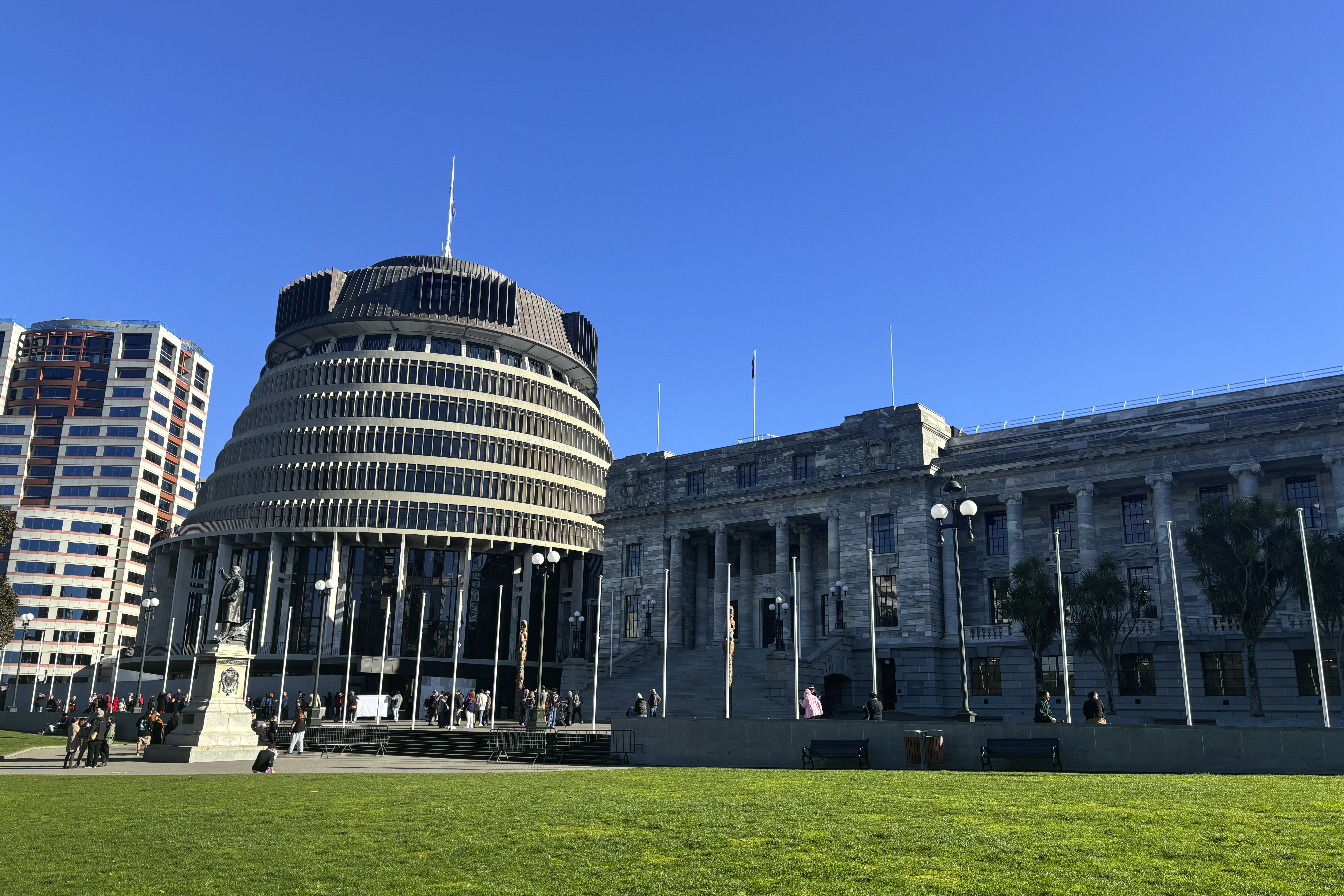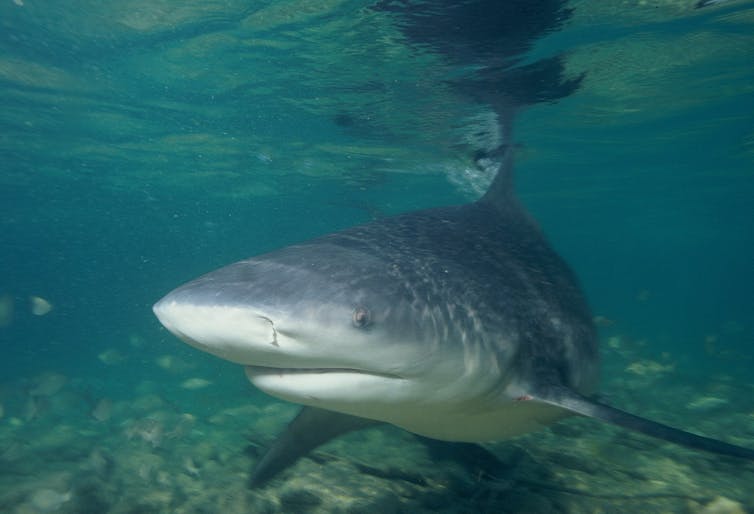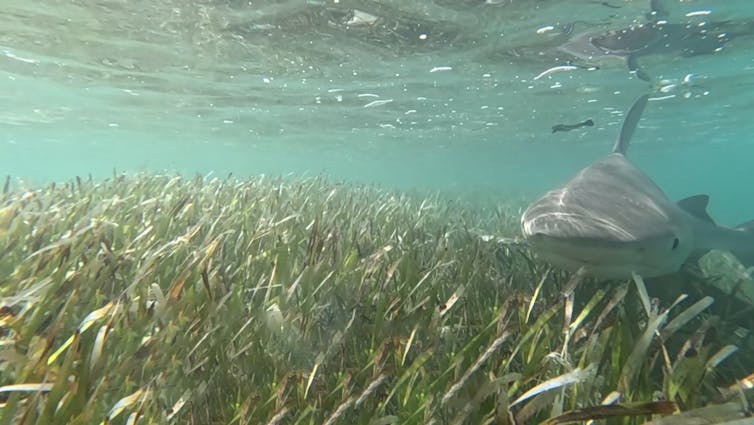
Dr. Hkalam Samson, a Kachin Baptist pastor, was released from a Myanmar prison on Monday.
File Photo by Diego Azubel/EPA-EFE
July 23 (UPI) -- A prominent Baptist pastor and religious freedom advocate, jailed since late 2022 in his native Myanmar by the military junta for his religious activity, has been released, a peace advocacy group said.
Dr. Hkalam Samson, a Kachin Baptist pastor, was released Monday at 11:30 a.m. local time, the Peace-Talk Creation Group said in a statement reported Tuesday by Burma News International.
"While details are still unclear, we can confirm that he is now back home," the statement said.
Samson was initially arrested by junta authorities in early Dec. 4, 2022, on charges stemming from his religious activities. The U.S. Commission on International Religious Freedom listed reasons for the persecution included, attending a religious gathering, participating in a religious activity, being a religious figure and maintaining a leadership role, as well as advocating for religious freedom.
July 23 (UPI) -- A prominent Baptist pastor and religious freedom advocate, jailed since late 2022 in his native Myanmar by the military junta for his religious activity, has been released, a peace advocacy group said.
Dr. Hkalam Samson, a Kachin Baptist pastor, was released Monday at 11:30 a.m. local time, the Peace-Talk Creation Group said in a statement reported Tuesday by Burma News International.
"While details are still unclear, we can confirm that he is now back home," the statement said.
Samson was initially arrested by junta authorities in early Dec. 4, 2022, on charges stemming from his religious activities. The U.S. Commission on International Religious Freedom listed reasons for the persecution included, attending a religious gathering, participating in a religious activity, being a religious figure and maintaining a leadership role, as well as advocating for religious freedom.
He was then sentenced to six years' imprisonment in April, 2023, following what the State Department called in its annual report on Myanmar for that year a closed-door trial in which no lawyer was present. The State Department has described his charges as "military-led" and "manufactured," stating they included terrorism, unlawful association and inciting opposition offenses.
Samson was then released in April along with 3,302 other prisoners at the Mytikyina Prison, but was re-arrested the following day.
State Department spokesman Matthew Miller said Tuesday that the United States "welcomes his release."
"We are pleased that he is finally able to return home to his family and continue his important work," Miller said in a statement.
Myanmar has been under junta rule it seized control from the Asian nation's civilian-elected government in a coup on Feb. 1, 2021.
According to the Thailand-based Assistance Association for Political Prisoners non-profit organization, more than 27,000 people have been arrested since the coup, more than 20,000 of whom remain behind bars. The junta has also killed more than 5,400 people, it said.
Miller in his statement said that while Samson's release is welcomed news, the Biden administration reiterates its call for the military regime to end its repression of religious actors, communities and sites and homes of worship in Myanmar.
"We continue to urge the military regime to immediately release the many individuals it has unjustly detained, cease its violence against civilians, allow unhindered humanitarian access, and respect the people of Burma's aspirations for inclusive, representative democracy," he said.
















